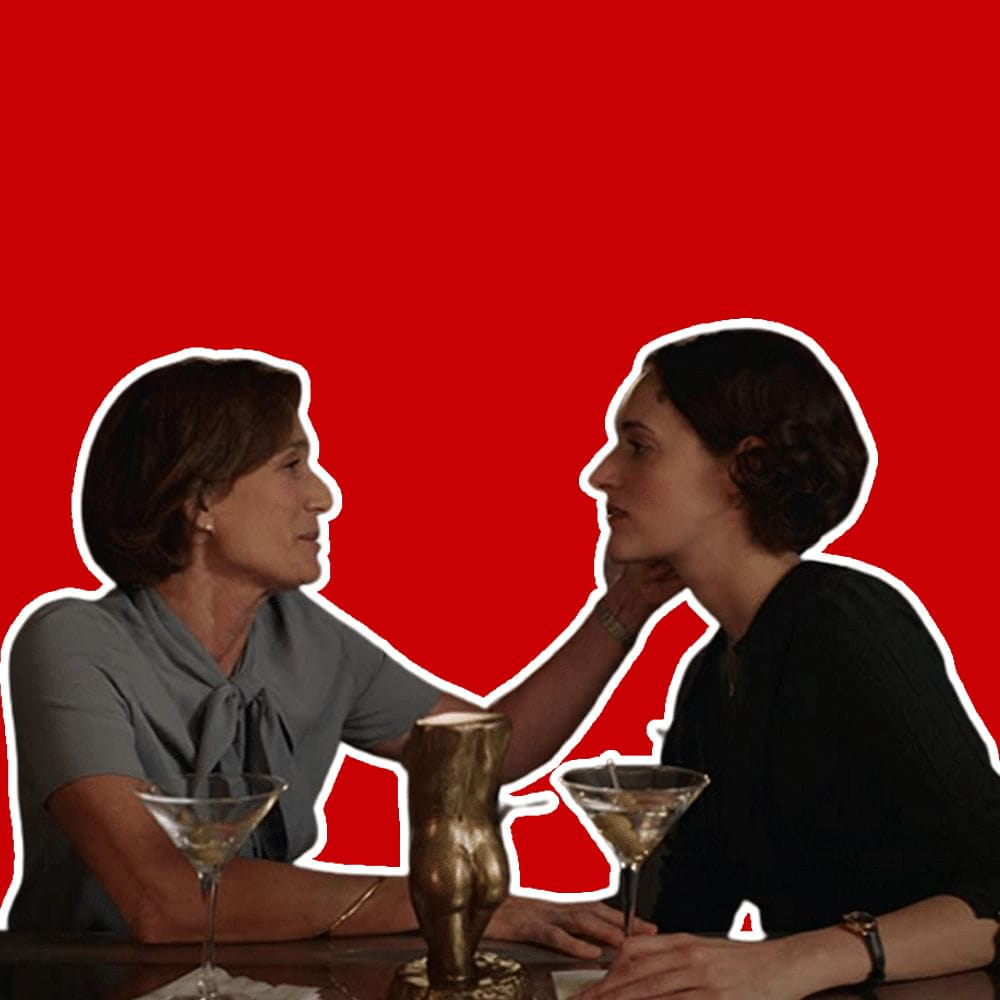Have you ever had one of those moments where you’ve looked at a woman and thought, ‘why can’t I look like that?’ or a friend has told you how much money they’re making now and your first reaction has been jealousy and not joy for your friend? Yeah, me too. But if you’re anything like me, you’ve also beaten yourself up over that thought and chided yourself for being a bad feminist, even though that first reaction you had did not mean you didn’t appreciate how great that woman looked, or that you didn’t feel joy that your friend had gotten a raise.
When I was younger I thought I knew everything—who I was, who I wanted to be, what I wanted and what I believed in. Everything was black and white. You were either right or wrong, you were either happy or unhappy, you were either successful or a failure. It was only when I lived a little more life that I realised—all of us are constantly failing. And so, like everything else in my life, I revised what the woman I wanted to be looked like. The woman of my dreams is constantly failing. She has a constant inner dialogue. She is wildly successful because she reframes what success looks like to her as she keeps pushing towards her goals. She’s driven and tired—the woman I want to be has accepted these dichotomies. She’s struggling. She’s thriving.

